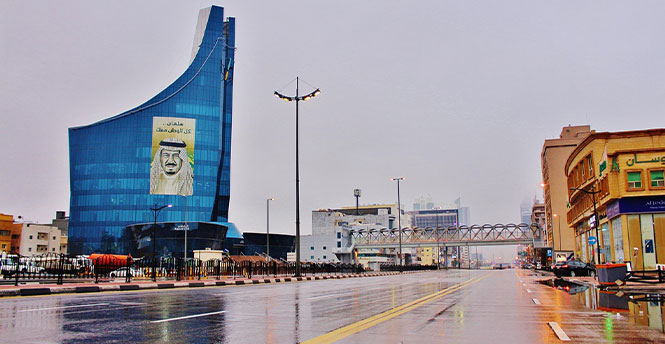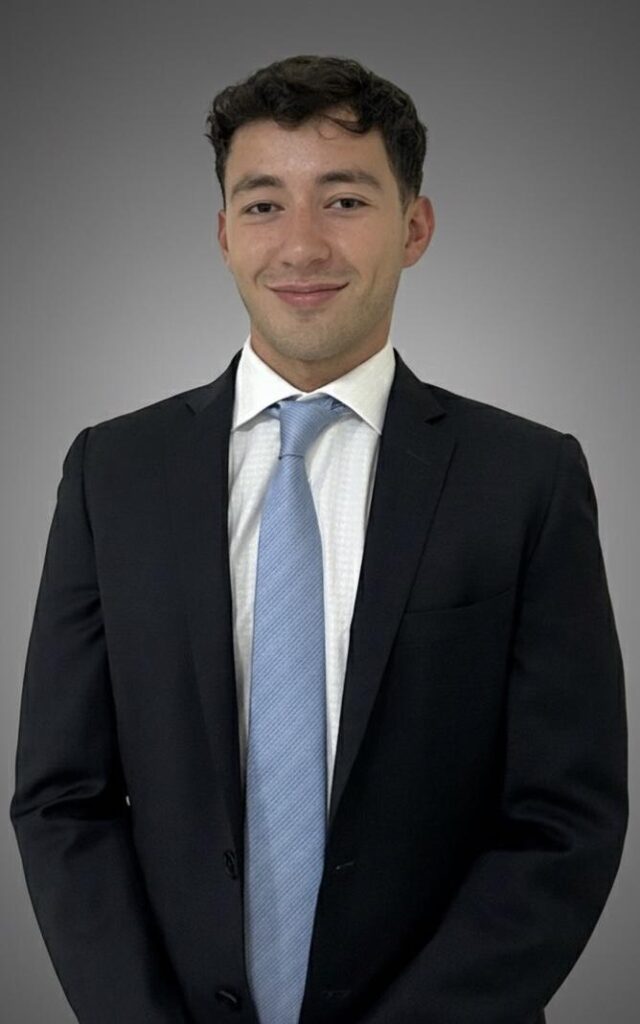Saudi Arabia’s Missing Broker Culture – And Why It May Become the Kingdom’s Greatest Advantage
by Timesceo

Saudi Arabia’s Missing Broker Culture
If you want to understand Saudi Arabia’s real estate evolution, you only need to stand in Riyadh for a single afternoon. The cranes, the construction, the velocity — it’s unmistakable. The Kingdom is expanding at a pace few markets in modern history have experienced. Luxury residential real estate alone is projected to climb from US$33 billion in 2025 to nearly US$47 billion by 2030, powered by an HNWI base now commanding over US$1.2 trillion in combined wealth. Vision 2030 is no longer an ambition; it is a lived reality unfolding in real time.
But for all the scale, sophistication, and capital entering the market, something essential is still missing. Not infrastructure. Not investment. Not ambition.
What the Kingdom lacks — and what its next phase desperately needs — is a mature broker and advisory culture. And this absence is shaping every part of Saudi Arabia’s luxury real estate landscape.
A Market Growing Faster Than Its Advisors

Saudi Arabia’s growth curve is unlike Dubai’s, London’s, or Miami’s. Those markets had the privilege of decades — even generations — to cultivate their advisory ecosystems. Saudi Arabia is attempting to compress that development into a handful of years.
Developers have expanded at astonishing speed. Government regulation has modernized. Masterplans have advanced. Demand has surged. But the human capital — the advisors, consultants, and brokers who translate product into informed decisions — has not had time to mature at the same pace.
This isn’t an issue of talent. It’s a simple reality: no market that expands this quickly can instantly produce a deep pool of seasoned real estate advisors. The result is a young brokerage sector operating inside an ultra-prime market.
A Transactional Culture in a Trust-Driven World

Today, much of Saudi Arabia’s brokerage environment remains transactional — fast dealmaking, quick follow-ups, heavy lead-chasing, a focus on pushing inventory rather than advising on long-term value. This is understandable in emerging markets.
But luxury real estate requires a different currency: discretion, depth, and trust.
HNWI buyers do not respond to pressure; they respond to understanding. They expect conversations about scarcity, capital preservation, masterplan implications, brand premiums, rental yields, long-term positioning, and the economic logic behind branded residence appreciation.
They want advisors — not just sellers.
And this mismatch creates friction: Saudi Arabia now offers world-class product, but the advisory culture around it is still developing.
Ultra-Prime Assets Deserve Ultra-Prime Advisory

This gap becomes clearer when comparing product quality to advisory maturity. Saudi Arabia is delivering developments competitive with prime global destinations. Branded residences worldwide command 30–35% premiums, but those premiums only remain defensible when the sales experience matches the product.
Luxury buyers expect advisors who understand valuation, private client psychology, global comparables, and the nuances of building generational portfolios in a region set for long-term structural growth. As long as advisory standards lag behind product standards, value is left on the table — for developers, brokers, and clients alike.
Regulation Is Raising the Bar for Everyone
The incoming foreign ownership framework, opening in phases from 2026, is a quiet but transformative shift. For the first time, global buyers will legally access parts of the Saudi market. These buyers will arrive with expectations shaped by Mayfair, Dubai Marina, Manhattan, and Marina Bay.
They will not compare Saudi Arabia to its past.
They will compare it to the world.
At the same time, Saudi regulation itself is becoming more sophisticated — from zoning updates to affordability reforms to multi-developer urban strategies. The advisory role is becoming more complex, not less. And that means the market needs brokers who understand more than inventory; it needs professionals who can interpret policy, risk, and opportunity on behalf of their clients.
The Most Underrated Opportunity in the Kingdom
Here is the part most people miss: the lack of a fully developed broker culture is not a disadvantage. In fact, it is one of Saudi Arabia’s greatest strategic opportunities.
Unlike older markets, where the advisory ecosystem is entrenched and difficult to reform, Saudi Arabia can build its broker culture deliberately — with the benefit of hindsight and global benchmarks. It can construct a modern advisory industry from the ground up, combining international experience with local insight, discipline, and standards.
The Kingdom can leapfrog straight into best-in-class advisory.
Saudi Arabia has the rare chance to define what a modern real estate advisory environment should look like — educated, trust-based, data-driven, globally fluent, and professionally rigorous.
The Market Is Ready. The Culture Must Catch Up.

Saudi Arabia is entering the most important decade of its real estate history. The product is exceptional. The capital is deep. The momentum is unstoppable. What the Kingdom needs to fulfill its potential is a mature, structured, and respected broker culture capable of guiding both domestic wealth and the global investors who will soon follow.
When that happens — and it will — Saudi Arabia won’t just compete with leading real estate markets. It will help redefine the global standard for luxury advisory.
— Zaid Shreim
www.linkedin.com/in/zaid-shreim

Bio:
Zaid Shreim is a Saudi-based luxury real estate advisor focused on branded residences, high-value development strategy, and private client wealth advisory. His background spans the UK, Denmark, Spain, Oman, Jordan, and the GCC, giving him a uniquely global perspective on demand drivers and investor behavior. Zaid works closely with developers, HNWIs, and international brokerage networks to bridge global capital with Saudi Arabia’s rapidly evolving ultra-prime market. He is currently advising on a portfolio of high-end luxury projects across the Kingdom.
Also Read:
How Top American CEOs Balance Business and Lifestyle
How UK Lifestyle Brands Are Winning Customers in 2025
Entrepreneurs Who Are Changing the Face of US Finance